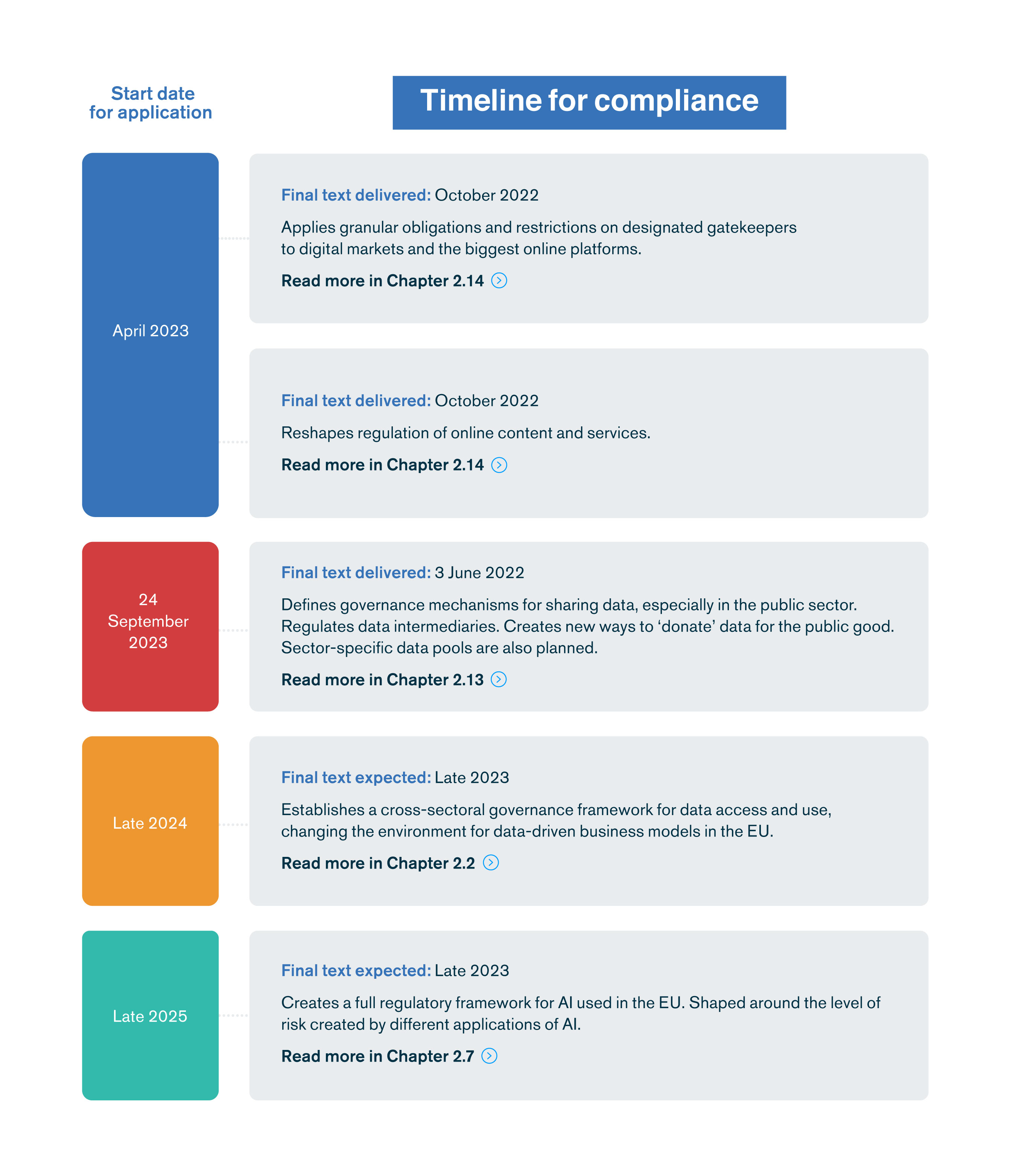The Daunting Task For Legal Teams To Adapt to Data-Driven Business Models in 2023
0 Comments
First-party data collected from source by server tracking
Increase engagement through specific targeting
Don't miss out on qualified leads & offline event data
The Future of Performance Marketing
Improve Performance; Improve ROAS
Visible Progress made Measurable
Extend Reach with Custom Audience
How Datahash helps you maximise your marketing potential
The latest within the world of cookie-less and first-party data.
How companies are making best use of first party data.
The new EU legislation will aim to facilitate data sharing, improve freedom of access to data and create European Data Spaces for sector-specific data. These changes will have a global impact, as anyone doing business in the EU will need to comply. Other regions such as India and China are also developing new data regulations. A report by Osborne Clarke evaluates whether lawyers in Europe are equipped for this change.

Legal teams in the corporate setting will face a challenge to adapt data-driven business models and manage more complex data and digital regulation. In partnership with Osborne Clarke, the European Company Lawyers Association surveyed over 400 General Counsel across Europe (including the UK and non-EU countries) to find out whether in-house lawyers are ready for this change.
Sighting the Challenge:
What can lawyers do to prepare for the big change?
The expansion of EU data regulation will have many practical implications for in-house legal teams. The new data landscape will be complex, with a wider scope, but will also create new opportunities. Lawyers will play a vital role in developing new data-driven business models.
What are the opportunities offered by the new EU legislation, and what are the key issues to consider?
Predicted Timeline for Compliance
